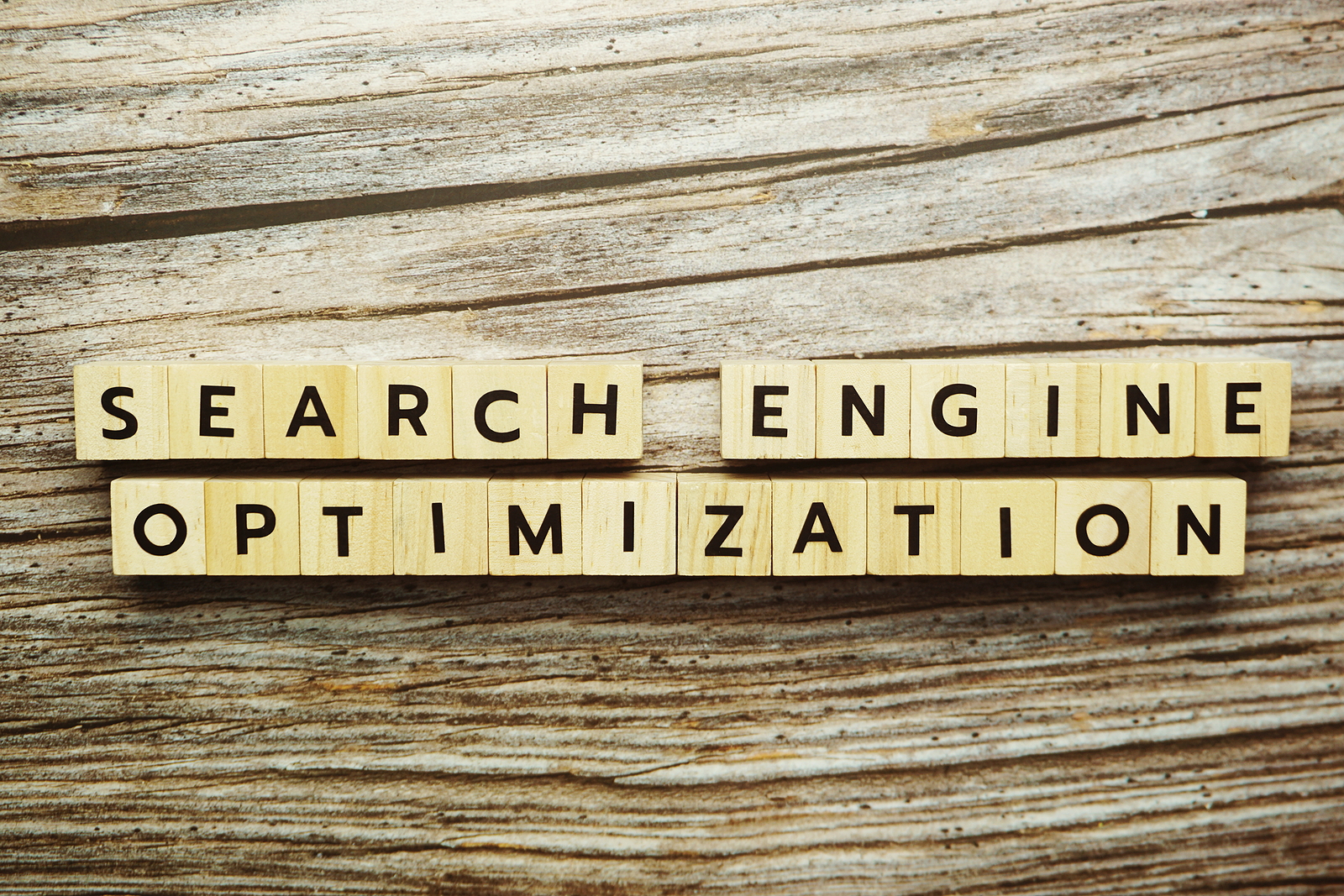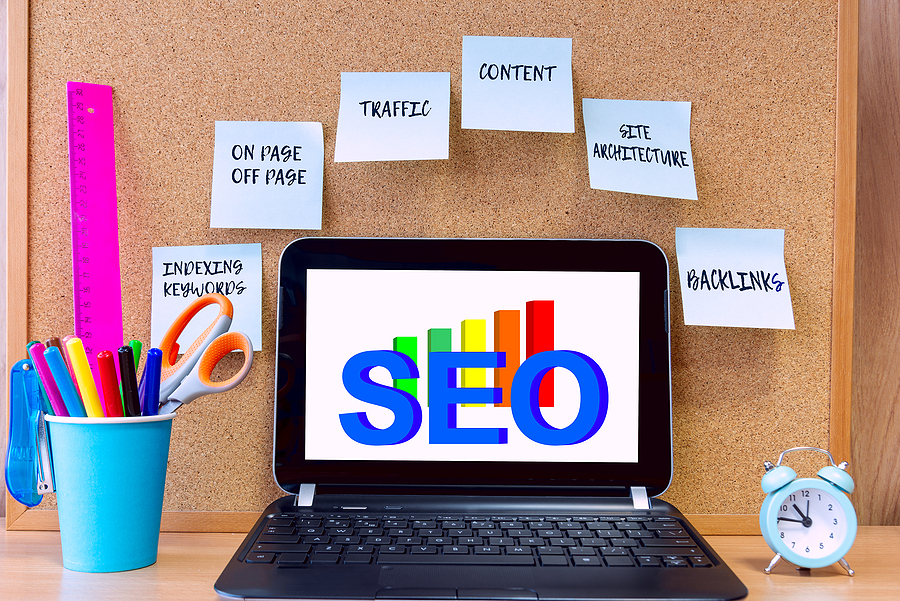In an era when people are bombarded with  messages, marketers have to find a way to cut through the sea of advertisements and get their own message heard. One of the best ways to do this is by incorporating specific attention-grabbing words into marketing materials. Here’s a list of some of the top words that gain attention.
messages, marketers have to find a way to cut through the sea of advertisements and get their own message heard. One of the best ways to do this is by incorporating specific attention-grabbing words into marketing materials. Here’s a list of some of the top words that gain attention.
Quick, Small and Short
“Quick,” “small” and “short” are perfect for describing hurdles in the purchasing process (e.g. getting a consultation) or add-on fees (e.g. shipping charges or upsell packages). A Carnegie Mellon University study found that these words increased people’s willingness to pay a $5 shipping charge by 20 percent.
“Request a quick, 15-minute consultation.”
Because
“Because” is the perfect word for explaining a claim, and giving an explanation can make a big difference. Ellen Langer, a psychologist, conducted a study in which she asked to cut in line to use a copier. When she gave no reason, 60 percent of people go ahead. When she provided a reason -- even if it was a fake, placebic one -- she was able to cut in over 90 percent of the time. She has a 93 percent success rate with a placebic reason and a 94 percent rate with a good reason.
“This is the leading product on the market because it’s built to be durable and strong.”
You
Whether explicit or implicit, most marketing collateral should have at least some language in the second person. Doing so places the emphasis on the target audience, rather than either the company or an abstract third party. It makes it easy to highlight a problem -- and then provide a solution. Using “you” directly incorporates the second person, although imperatives, such as “call,” also work.
“You won’t have to sweep the floor every day, thanks to the remote vacuum.”
Now
Creating a sense of urgency encourages people to make a decision and take action. “Limited-time,” “soon” and “today” all create a sense of urgency, but none call people to an immediate action like “now” does. “Now” not only instills a sense of urgency, but it also asks people to do something while they’re thinking about it -- not in a minute after they’ve already forgotten.
"Get your copy now."
Save
“Save” may be the universal language of all consumers. Whether an individual, business or nonprofit organization, everyone likes saving. Find a way to help people save time or money, and then make the savings explicit by using the word, “save."
"Request your quote to see how much you could save."
How you use language in your marketing will make a big difference in the results that your business' marketing strategies see. For more tips on how to use language to attract visitors, convert leads and close customers, download the Jumpstart Your Inbound Marketing Guide now.






